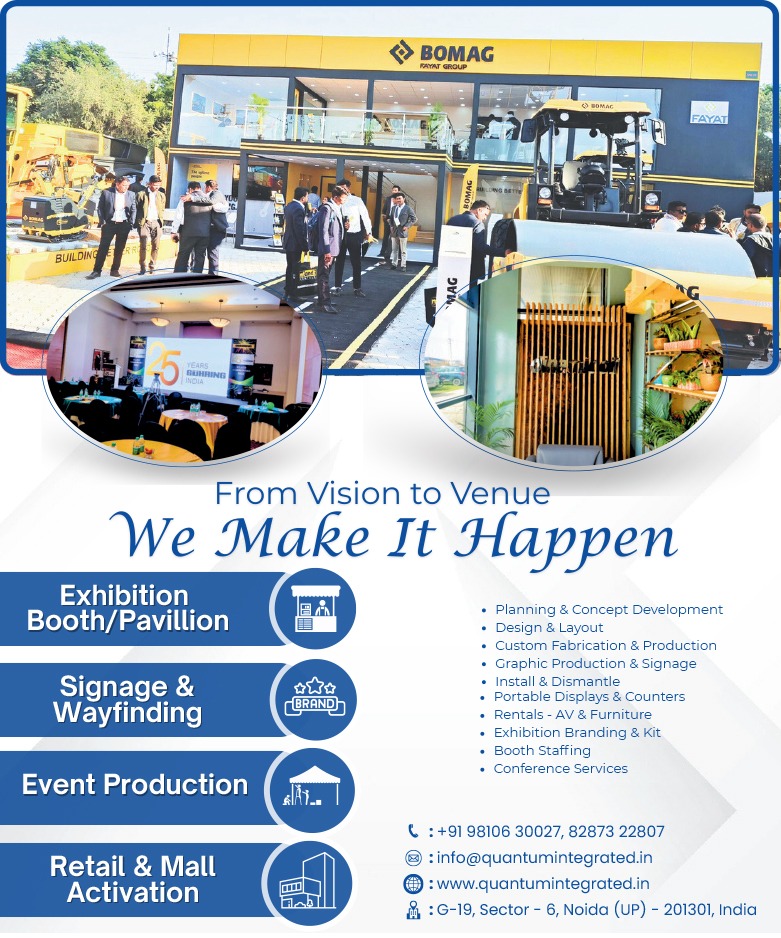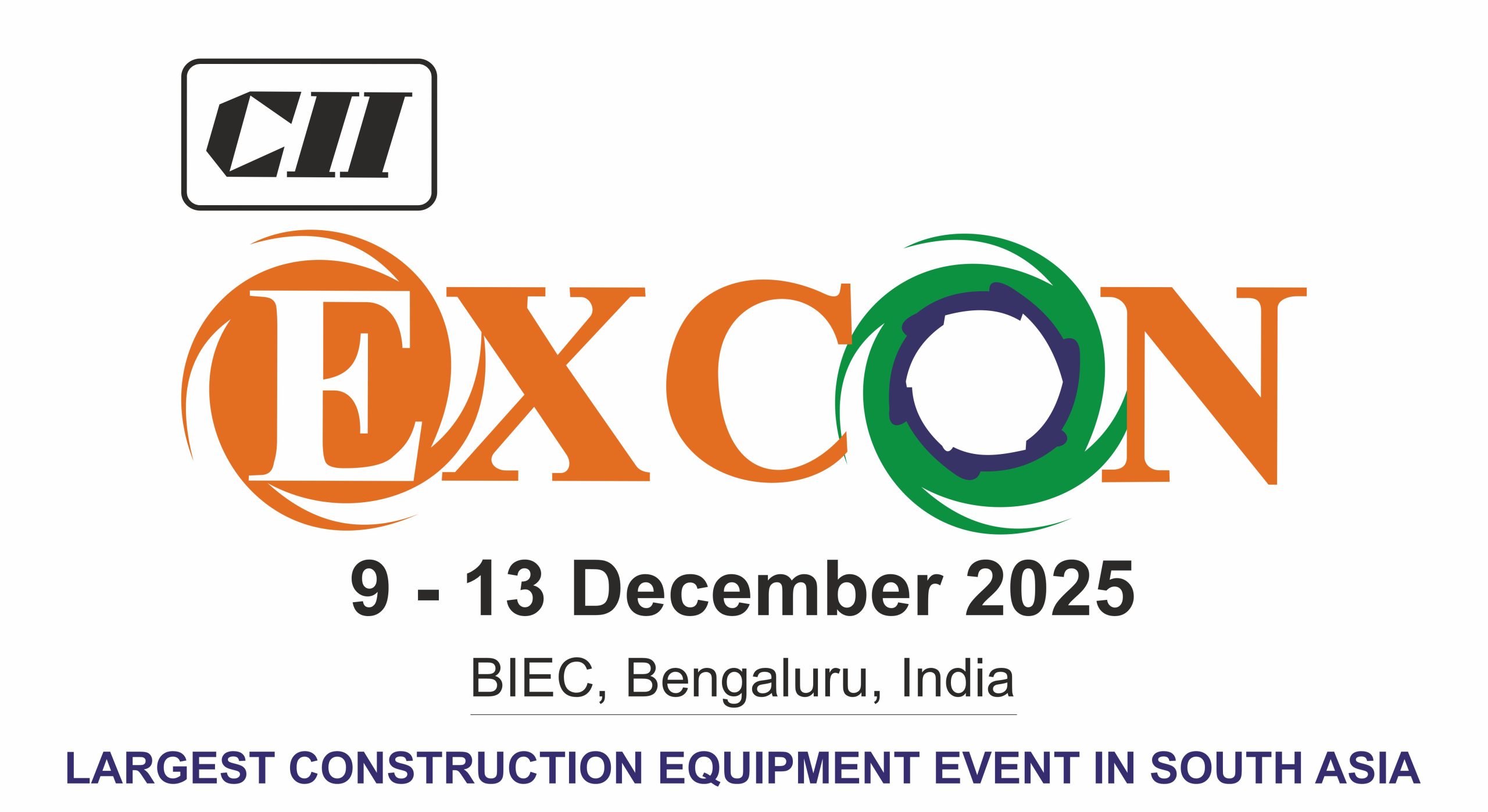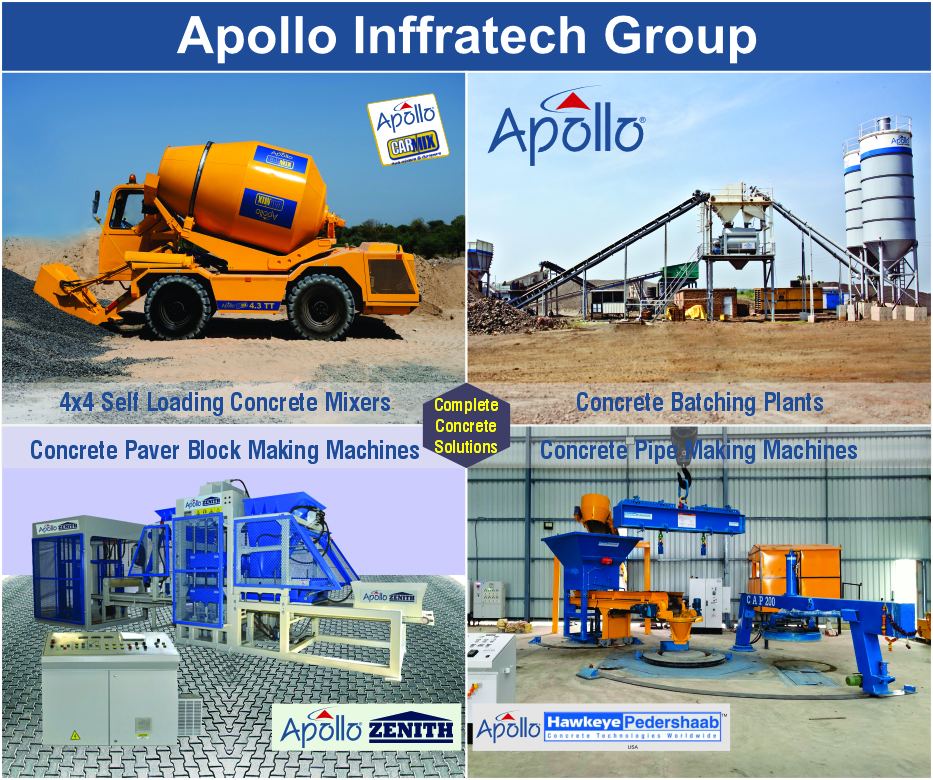Tamil Nadu has set its sights on becoming a $1 trillion economy by 2030 and to achieve that goal, it plans a massive infrastructure push across multiple sectors. The state government estimates it will need an investment of around ₹12 lakh crore over the next five years, with ₹60,000 crore earmarked for the current fiscal’s capital expenditure.
Key projects slated for development include TN Tech City in Madhavaram, the Tamil Nadu Knowledge City in Uthukottai and a Global City in Chengalpet. The plan also covers a 500-km regional rapid transit system linking Chennai to Villupuram, Vellore, Coimbatore and Salem; new airports at Parandur and Hosur; and shipbuilding hubs in Cuddalore and Tuticorin.
To fund such large-scale development, the government is relying heavily on public-private partnerships (PPPs). In the first phase, 100 PPP projects amounting to ₹1,00,000 crore are expected to be launched, with the state contributing up to 20% of costs. The Tamil Nadu Infrastructure Development Board is targeting ₹7,035 crore through PPPs for core infrastructure, including ₹3,000 crore for port development at Cuddalore.
On the energy front, the focus is on renewable power, battery storage solutions and expanded grids. While the scale of investment is ambitious, success will depend not just on spending, but also on structural reforms, productivity gains, export growth and strong regulatory frameworks.
Tamil Nadu’s roadmap is bold and transformative, but its execution will demand vision, discipline and coordination across government, industry and society.










